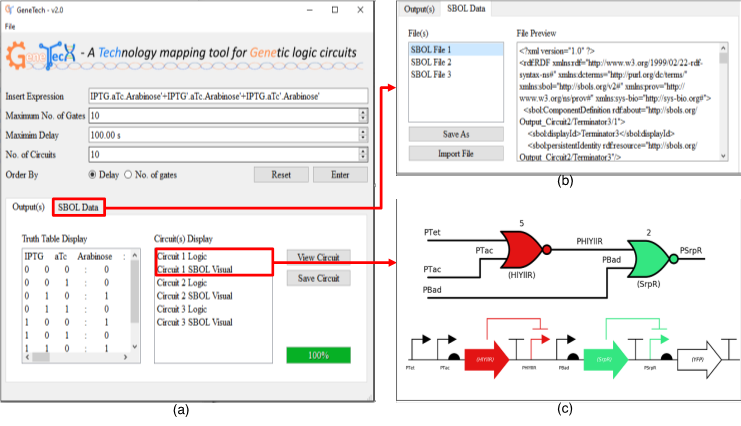
MUHAMMAD ALI BHUTTO
Aspiration Statement
Being driven, goal-oriented, and nurturing the ability to learn from my working environment and colleagues. This curiosity gives me the advantage of adding skills to my arsenal of knowledge.
Core Skills
- Development in several programming languages and ERPs
- Data Science, Database Management, DB Designer
- Python, JavaScript, C++, C#
- SQL and Object-Oriented Programming
- Arduino and FPGAs, MATLAB, Simulink
- Field-Programmable Gate Arrays (FPGA)
- Microsoft Office
- Adobe Photoshop
Academic Awards / Achievements
- Institute of Business Administration - MS Data Science '23
- Habib University Merit Scholarship
- Dean’s List – Spring 2017 & Fall 2017
Experience
Leadership / Meta-curricular
- Global UGRAD Exchange Program Fall 2018 in North Dakota State University
- LEAD Program, NDSU, United States Fall 2018 - Leadership Exploration and Development
- Habib University Student Senate (HUSS) - Senator
- HU Robotics Club - Member
- Security & Privacy for Big Data I - Certification from Coursera
Internship / Volunteer Work
- Astera Software - Data Integration Engineer (Jun 2021 - Present)
- Afiniti Software Solutions (Pvt.) Ltd. – Technical Integration Officer
- M.I.S, U&I Garments (Pvt.) Ltd. – Management Trainee Officer
- Services Department, SSGC – Intern
- DSSE (EE), Habib University – Research Intern
Publications / Creative Projects
- Flight Simulation using JavaScript, Computer Graphics.
- Object detection using HOG descriptor and Cascade Classifiers
Final Year Project
Project Title
GeneTech
Description
A software tool for creating genetic logic circuits before creating them physically in the lab. The tool helps in simulating all the possible genetic circuits as per biologist’s application. Genetic circuits are an application of synthetic biology where biological parts inside a cell are designed to perform logical computations similar to those performed by electronic circuits. Our aim was to add several standardizations to the already existing tool instead of just creating the textual representation. The standard output helps for the further processing in the circuit in the lab. This tool is inevitable for the people who want to be introduced to the field of Bioengineering, in order to get familiar with the standard language of the SBOL (Synthetic Biology Open Language). (Group Project)
